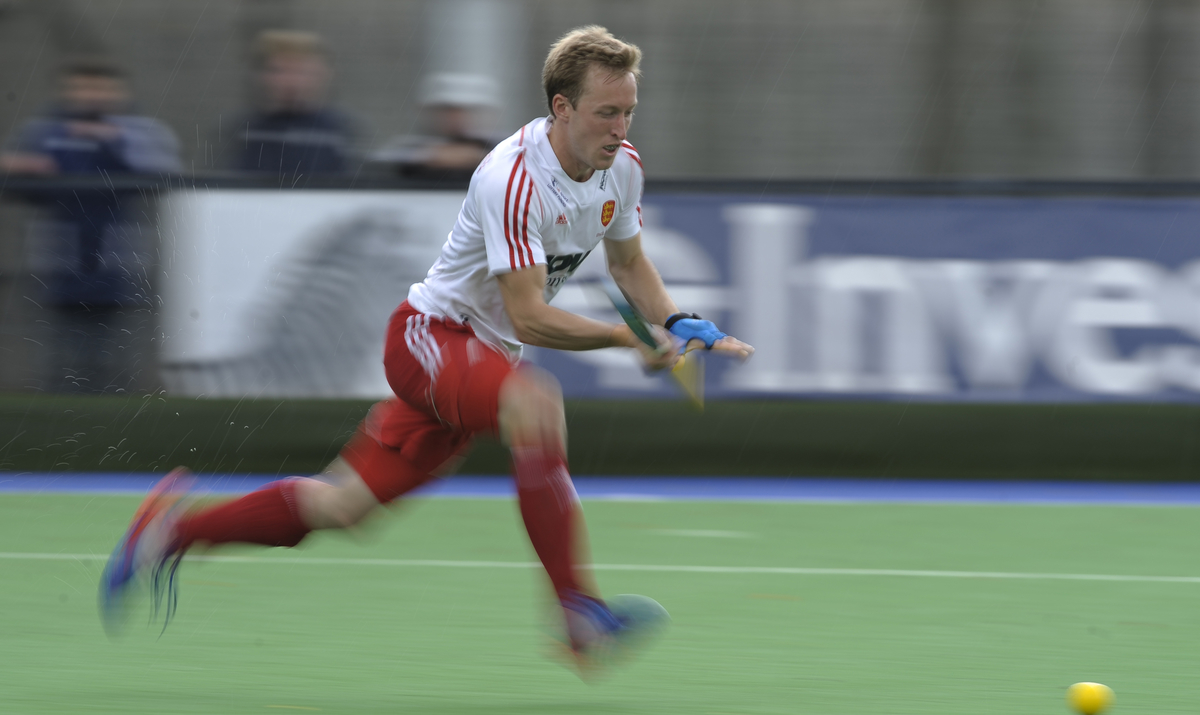In his own words, Barry Middleton talks about his rise from club to international player
I never set out to achieve this and the other but I always believed in myself. I started at Doncaster as a six-year-old as my mum and dad coached there. I had friends who played hockey, and for me it was all about having time messing about with a ball. We had a great junior section at the club, with players who ran out and went on to play national league.
A few years later I was lucky in that I combined being a full-time student with hockey at Loughborough University. I made my international debut in 2003 and playing in Holland in 2006 may be the reason why I never got a full-time job. Holland at that moment was the place to go to be able to do that.
You go through phases in your career but being abroad kept hockey being fresh. It felt different with the people, the culture and the challenge.
I do remember we were struggling more then as a country. GB and England were going to tournaments with no real chance of competing, it was about getting our feet slowly back on the ground.
Out in Holland they were questioning whether I could give up playing for England and playing full-time. There was never a thought in my mind that was what I was going to do – as much as I love club hockey.
It’s been brilliant for me over the years, but when I look back it will always be about international hockey. That is the pinnacle of the sport and there was no way I could stop playing for England. The amount of pride you take in it is just too much.
I suppose the older you get the more you remember why you started playing hockey. For the current younger players, the talent coming through is impressive. The juniors are doing more together. The central programme is so different to when I started and the biggest thing now is that all the guys playing now see themselves as hockey players.
Fifteen years ago guys were teachers during the week and then getting time off for training camps. Now, we have a professional culture.
It doesn’t guarantee you anything, of course, with other countries going in the same way. The top 10 nations are all very strong so it’s how we go about matching them and breaking into the top three on a consistent basis.
But having so much time together it’s about keeping people fresh and pushing themselves, rather being the same thing day-to-day and doing what you’re told.
Having funding is not what makes teams win. It’s the character, the will to win and talent. Going through those tough times can be good for you as it shows how much you want it and you can come out the other side stronger.
It does feel like hockey is getting quicker each year. The self pass and the free hit has changed the game completely. It’s now about trying to extend your life span as a player and I truly believe that players now can go on at the top level until they are 35 or 36. But my time has come.
Does your club have interesting news or features? Email us!
This originally featured in a previous Hockey Paper edition. Don’t miss out. Subscribe in print or in digital format.





